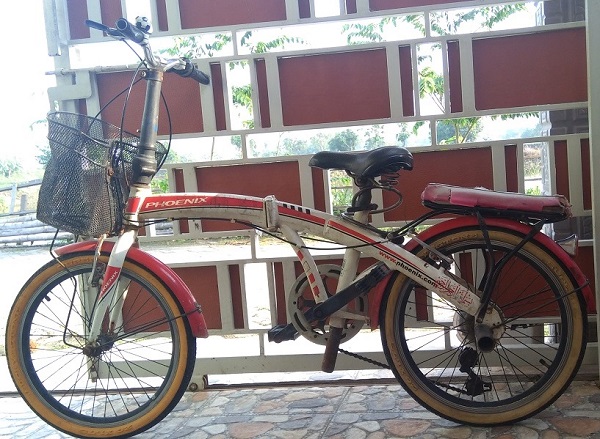Word is a primary component of a sentence. Without any words, a sentence cannot be produced so we won’t be able to speak or write it. In this sense, silah-silahing tembung serves a significant role to help us compose a good sentence. In Javanese, the part of speech goes as follows.
Tembung Aran (Noun) such as buku (book), suket (grass), omah (house), kelasa (mat), etc.
For instance: Mimi wes nggelar kelasa ing latar. / Mimi has spread out a mat in the yard.
Tembung Kriya (Verb) such as maca (read), ngombe (drink), mlaku (walk), jiwit (pinch), ambung (kiss), mangkat (depart), etc.
For instance: Isuk mau Mulyono mlaku nang sawah. / Mulyono walked to the field this morning.
Tembung Ganti (Pronoun) such as aku (I), kowe (you), deweke (he/she), etc.
For instance: Kowe opo ngerti omah kancamu kuwi? / Do you know where your friend lives?
Tembung Wilangan (Numeral) such as siji (one), sanga (nine), akeh (many/much), setengah (half), saithik (a little), etc.
For instance: Sekolah iku nduwe siswa akeh. / That school has many students.
Tembung Sipat (Adjective) such as apik (good), angel (difficult), mangkel (irritated), seneng (happy), etc.
For instance: Soal matematika iki pancen angel. / This math is really difficult to solve.
Tembung Katrangan (Adverb) such as kene (here), lor (north), nisor (below), pinggir (edge), kiwa (left-hand), etc.
For instance: Candra arep turu kene. / Candra will be sleeping here.
Tembung Pangguwuh (Exclamation) such as wah (wow), aduh (oh my), tulung (please), etc.
For instance: Aduh, bukuku ketinggalan nang omah! / Oh my, I’ve left my book at home.
Tembung Sandhangan (Attribute) such as Sang (The...), Raden (social status), Kyai, etc.
For instance: Pak Waluyo Sang Pahlawan mpun rawuh. / Mr. Waluyo the hero has arrived.
Tembung Panyambung (Conjunction) such as sarta (as well as), lan (and), mulane (therefore), etc.
For instance: Bagas lan Dimas sinau basa Jawa ing jero kelas. / Bagas and Dimas are studying Javanese in the classroom.
Tembung Pangarep (Preposition) such as sing (that), saka (from), menyang (to), ing (on/in), etc.
For instances:
- Wingi Kastolan tuku sepeda saka kancane. / Kastolan bought a bike from his friend yesterday.
- Siti mulih menyang Jakarta menesuk. / Siti is going to Jakarta tomorrow.
Understanding types of word in Javanese will make you more capable of composing a good sentence as well as make you more confident in arranging various words into a more meaningful sentence. I suppose you can make one now right?



















